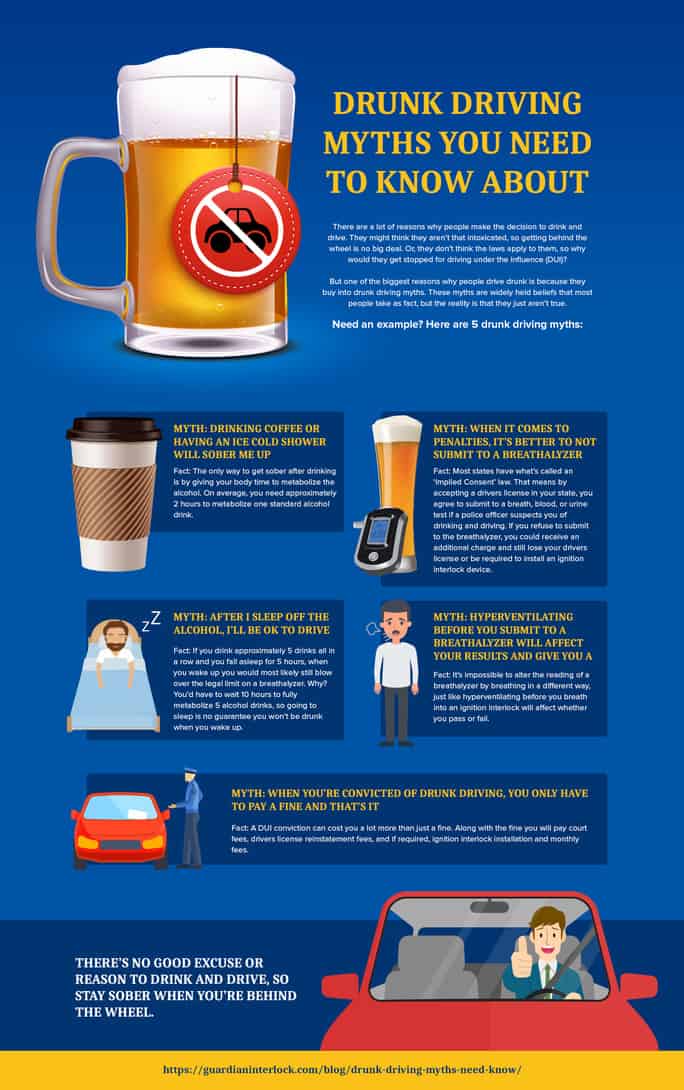Uncover the truth behind intoxication with this insightful look at how many beers it really takes to get drunk.

Image courtesy of Anete Lusina via Pexels
Table of Contents
Have you ever found yourself wondering how many beers it takes to get drunk? It’s a common question that many people ponder, but the answer isn’t as straightforward as you might think. In this blog post, we will delve into the science behind alcohol metabolism, individual tolerance levels, and various factors that influence intoxication to help shed some light on this intriguing question.
Understanding Alcohol Metabolism
alcohol metabolism is a complex process that takes place in the liver. When you consume alcohol, enzymes in the liver work to break it down into acetaldehyde and then into acetate, which is eventually converted into carbon dioxide and water. The rate at which alcohol is processed by the body can vary depending on several factors, including the amount of alcohol consumed, the concentration of alcohol in the beverage, and the individual’s overall health.
Individual Tolerance Levels
individual tolerance levels for alcohol can vary widely from person to person. Factors such as weight, age, gender, and genetics can all play a role in determining how much alcohol a person can consume before feeling intoxicated. For example, someone who weighs more may be able to handle more alcohol than someone who weighs less. Additionally, age can also impact tolerance levels, as older individuals may not metabolize alcohol as efficiently as younger individuals.
Factors Influencing Intoxication
There are several factors that can influence how intoxicated a person feels after consuming alcohol. One key factor is food consumption. Eating a meal before drinking can help slow down the absorption of alcohol into the bloodstream, making it less likely for a person to get drunk quickly. Similarly, staying hydrated while drinking alcohol can also help mitigate the effects of intoxication.

Image courtesy of www.flockoflegals.com via Google Images
Another factor to consider is the alcohol concentration in beverages. Different types of alcohol have varying alcohol by volume (ABV) percentages, which can impact how quickly a person becomes intoxicated. For example, a beer with a higher ABV will likely lead to faster intoxication than a light beer with a lower ABV.
The pace of drinking is also important to consider when thinking about how many beers it takes to get drunk. Consuming alcohol quickly can overwhelm the liver’s ability to process it, leading to a faster onset of intoxication. Additionally, mixing different types of alcohol can also increase the likelihood of getting drunk quickly, as the body has to work harder to break down multiple types of alcohol at once.
Conclusion and Recommendations
In conclusion, the question of how many beers it takes to get drunk is not a simple one to answer. The science behind alcohol metabolism, individual tolerance levels, and various factors influencing intoxication all play a role in determining how alcohol affects a person. It’s important for individuals to be aware of these factors and to drink responsibly to avoid putting themselves at risk of harm.
When it comes to consuming alcohol, it’s crucial to know your limits and to pace yourself accordingly. If you’re unsure of how alcohol will affect you, start with a smaller amount and see how you feel before consuming more. Remember to stay hydrated, eat a meal before drinking, and be mindful of the alcohol concentration in your beverages.
By understanding the science behind getting drunk and being informed about the factors that influence intoxication, you can make smarter choices when it comes to drinking alcohol and ensure that you stay safe while enjoying a few drinks with friends.
Frequently Asked Questions
How many beers does it take to get drunk?
Answer 1: The number of beers it takes to get drunk varies based on individual factors such as weight, tolerance, and alcohol concentration. Generally, for most people, consuming multiple beers in a short amount of time can lead to intoxication.
Can eating food help prevent getting drunk?
Answer 2: Yes, eating food before drinking can slow down alcohol absorption, which may help prevent quick intoxication. Consuming a meal rich in fats and proteins can help buffer alcohol’s effects on the body and delay its onset.
Does the type of alcohol impact how quickly you get drunk?
Answer 3: Yes, the alcohol by volume (ABV) percentage in different types of alcohol can influence how quickly you become intoxicated. Beverages with higher ABV percentages, such as spirits, can lead to faster intoxication compared to lower ABV options like beer.
What are some tips for drinking alcohol responsibly?
Answer 4: To drink responsibly, know your limits, pace yourself, stay hydrated, eat before drinking, and be mindful of the alcohol concentration in your beverages. Starting with a smaller amount, being aware of your tolerance, and avoiding mixing different types of alcohol can also help prevent overconsumption.
Generated by Texta.ai Blog Automation
Leave a Reply